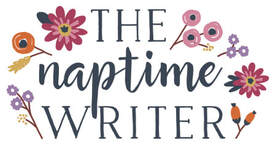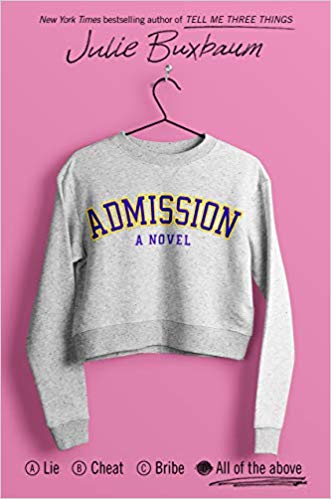|
When I read a Julie Buxbaum YA book the feelings flow, whether the book’s related to losing a parent (the amazing Tell Me Three Things) or the recent college admissions scandal. The latter’s the topic of Admission and Buxbaum makes it hurt, overtly wrestling as the book does with themes like low self-esteem, uncertainty over the future, especially when one can no longer 100% trust one’s parents, and the deleterious nature and effects of white privilege, whether someone’s actively trying to sustain it or trying to ignore its very real existence in their own life—even as they benefit from it.
Chloe Berringer is the daughter of famous actress Joy Fields. It’s time to apply to college and Chloe realizes how difficult it’s going to be to get into the right school with average grades and an average SAT score she hasn’t been able to bring up. Her parents hire Dr. Wilson, a consultant who’s going to help her apply. With his help Chloe gets into her dream school...and then it all comes crashing down. Admission's told from a Then and Now perspective and comparisons of Chloe and her family across that time-span give the reader a lot to chew on. I’ll be honest: I really like this book but I can see how the moments when Chloe’s painfully “oblivious,” short-sighted, or stubbornly forcing her head to remain in the sand, when she’s so soft and can’t even think of an application essay topic because she isn’t sure what bad life event or circumstance she can draw on—could easily frustrate, alienate, and/or anger a reader. Or the times when Shola, her Nigerian American friend, has to hold Chloe accountable for the things she says and the way she lives her life...like she “deserve[s] everything.” And then there’s the general premise that Chloe and her family are rich and her parents are so not satisfied with their already tremendous advantages that they’re willing to pay a humongous amount—and commit fraud—to orchestrate Chloe’s acceptance to a specific school. Buxbaum gives us those moments. She also gives us Chloe’s self-awareness and her general awareness of how her family did wrong. Chloe’s determination to be better and do better. Her secret pain—that she’s not enough—that pops up again and again in harsh ways, even in the book’s final chapters—no matter how much her parents love her. How she wrestles with the fact that she's "betrayed" people, too, even though her parents were the ones actively seeking Dr. Wilson's help. It’s those aspects of Chloe’s story—coupled with my own past (and to some degree present) as a sheltered, protected, spoiled girl who benefited from white privilege (and still does) and who said (and to a much lesser degree, says) things that reveal my own complicity in white privilege that made me connect to her. Chloe’s mother Joy seems loosely based on Lori Loughlin and her actions help drive the book. But her daughter Chloe is the focus here, the one arguably most affected. The one whose future is dashed on the rocks, who loses people and things, and who—like her guidance counselor suggests—has the most opportunity to grow. If she takes advantage of it. I don’t think that this book will be loved by everyone. The topic, the main character, the family, are too polarizing for that. But I love how Buxbaum boldly tackles the topic of white privilege and the admissions scandal, how she shows the unattractive bits of Chloe and her family humanely, without writing them off for good, and how she portrays the consequences of it all. Some of those aren’t pleasant but like Chloe says, the view from the bottom can be pretty good. 4.5 ⭐️ I received a complimentary ARC of this book from Netgalley but all opinions provided are my own.
0 Comments
Leave a Reply. |
About me.Give me that HEA, please.
Join my mailing list.Want to receive a weekly email with links to my latest blog posts? Sign up below!
Archives
April 2024
Categories
All
|


 RSS Feed
RSS Feed
